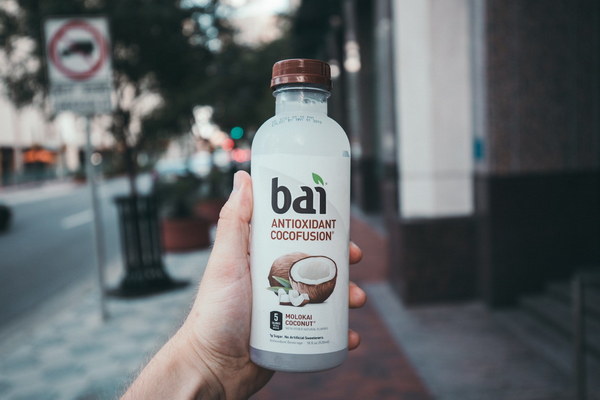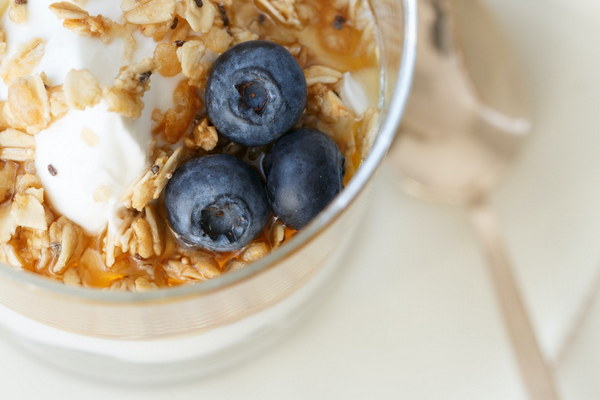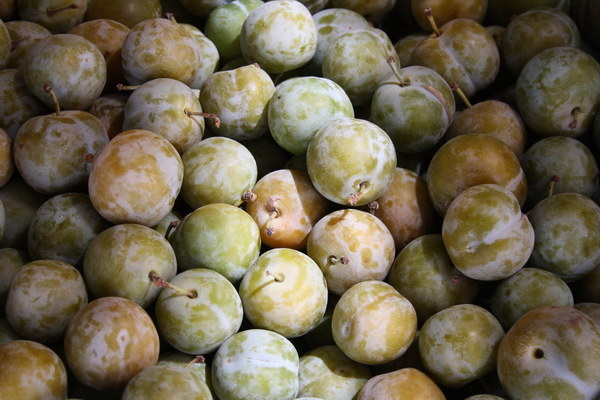Does High Basal Metabolic Rate Require Wetness Removal
In the realm of health and wellness, the concept of dampness is a term often associated with Traditional Chinese Medicine (TCM). It refers to a condition where excess moisture or dampness in the body can lead to various health issues. One might wonder, does a high basal metabolic rate (BMR) necessitate the removal of this dampness? Let's delve into this intriguing topic.
Understanding Basal Metabolic Rate (BMR) and Dampness in TCM
The basal metabolic rate is the amount of energy your body needs to maintain basic physiological functions while at rest. It's a measure of how efficiently your body uses calories. A high BMR generally indicates a faster metabolism and can be attributed to factors such as genetics, age, and lifestyle.
In TCM, dampness is considered an imbalance in the body's fluids, which can lead to a variety of symptoms like fatigue, bloating, and weight gain. It's believed that dampness can impede the normal functioning of the body's organs and systems, leading to illness.

The Connection Between BMR and Dampness
The relationship between a high BMR and dampness in TCM is not straightforward, as these concepts come from different medical paradigms. However, some might argue that there is a connection based on the following points:
1. Energy and Fluid Balance: TCM views the body as a system of energy (Qi) and fluids (Yin and Yang). A high BMR could be seen as an indication of excess energy, which might lead to an imbalance in fluids, potentially causing dampness.
2. Digestive System: A high BMR might suggest a more active digestive system, which could be prone to the accumulation of dampness. Poor digestion can lead to the formation of dampness, as it affects the body's ability to transform and transport nutrients.
3. Metabolic Syndrome: Individuals with a high BMR might also be at a higher risk for metabolic syndrome, a cluster of conditions that includes high blood pressure, high blood sugar, excess body fat around the waist, and abnormal cholesterol levels. These conditions can be influenced by dampness in TCM.
Removal of Dampness and Its Effects on BMR
In TCM, the removal of dampness is often achieved through dietary changes, herbal medicine, and lifestyle adjustments. Here's how these approaches might affect BMR:
1. Dietary Changes: Reducing the intake of foods that are considered dampness-producing, such as dairy, wheat, and sugar, might help reduce dampness. This could potentially lead to a more balanced BMR.
2. Herbal Medicine: TCM herbs are used to clear dampness and improve digestion. By addressing the root cause of dampness, these herbs might help stabilize the BMR.
3. Lifestyle Adjustments: Regular exercise, adequate rest, and stress management can all contribute to a healthier BMR. These lifestyle changes might also help in reducing dampness by promoting better fluid balance in the body.
Conclusion
While there is no direct evidence to suggest that a high BMR requires the removal of dampness according to TCM, there are potential connections that might be worth exploring. By focusing on overall health and well-being, individuals with a high BMR can adopt practices that may help maintain a balanced metabolism and reduce the likelihood of dampness-related issues.
It's important to remember that TCM and modern medical approaches are not mutually exclusive. While TCM can offer insights into the body's balance and provide holistic treatments, it's always advisable to consult with healthcare professionals for personalized advice. Whether dampness is a concern for those with a high BMR or not, a healthy lifestyle that includes a balanced diet, regular exercise, and stress management is key to optimal health and well-being.









